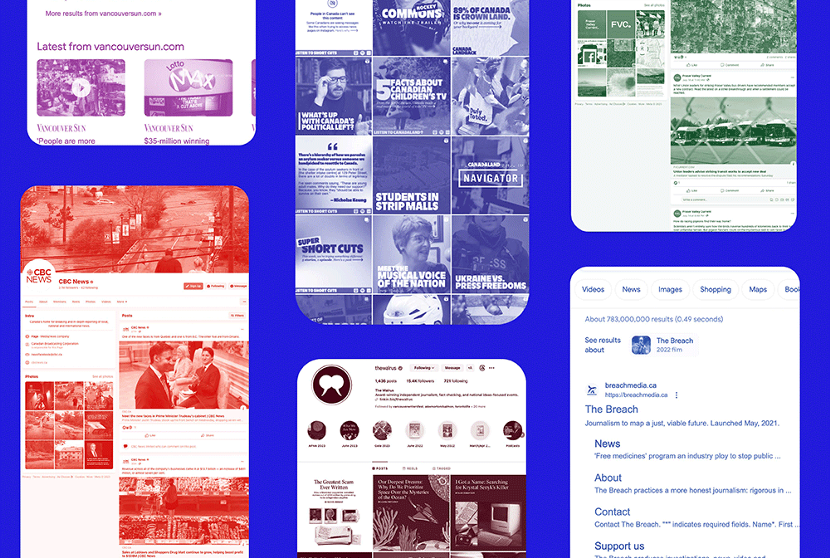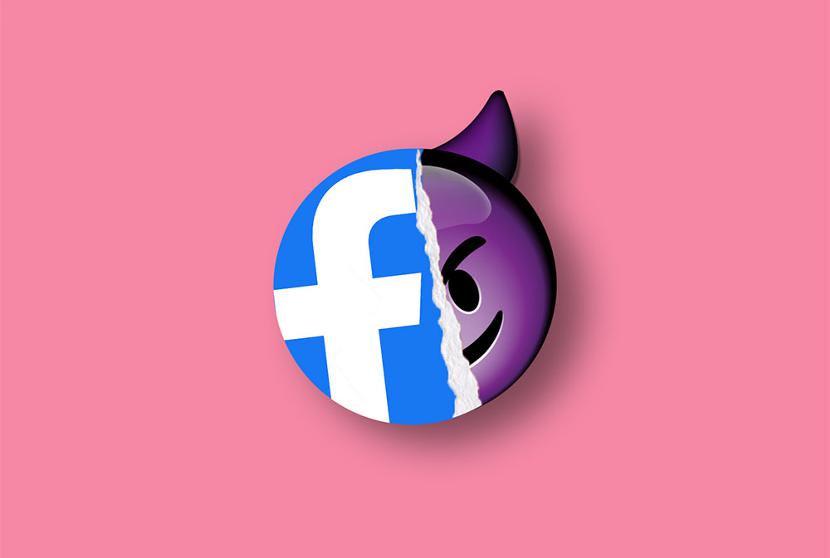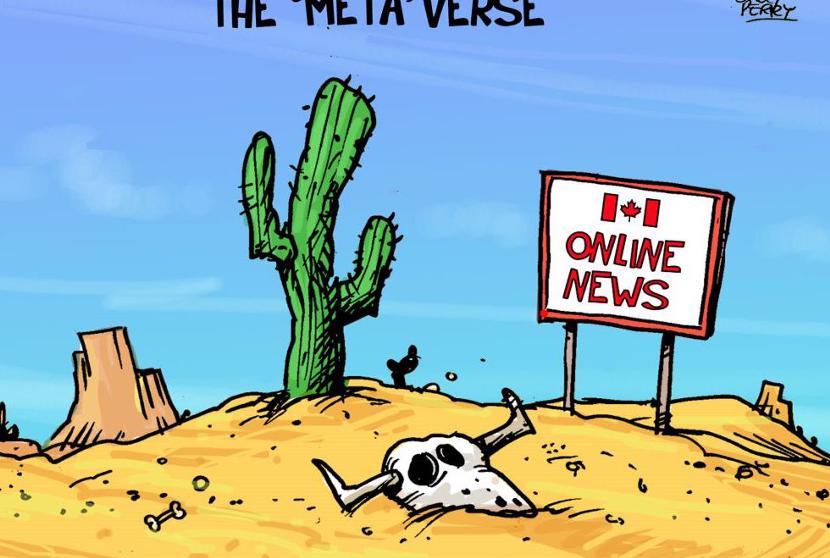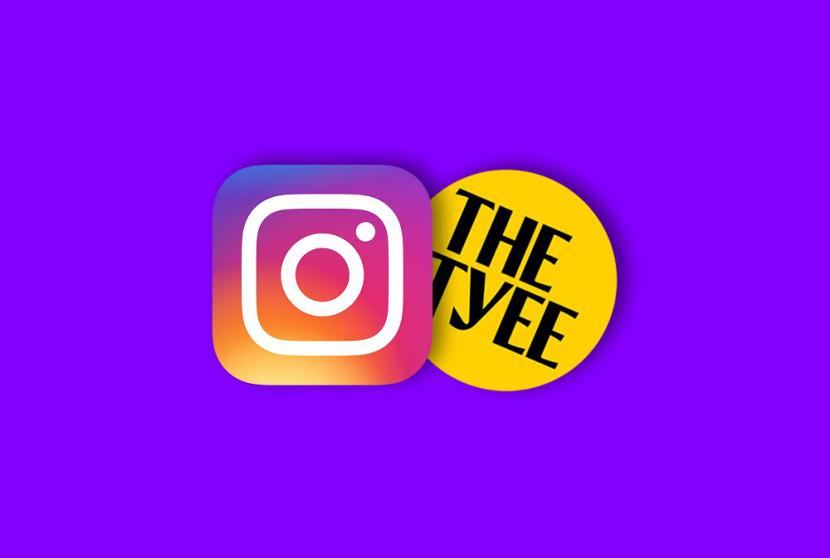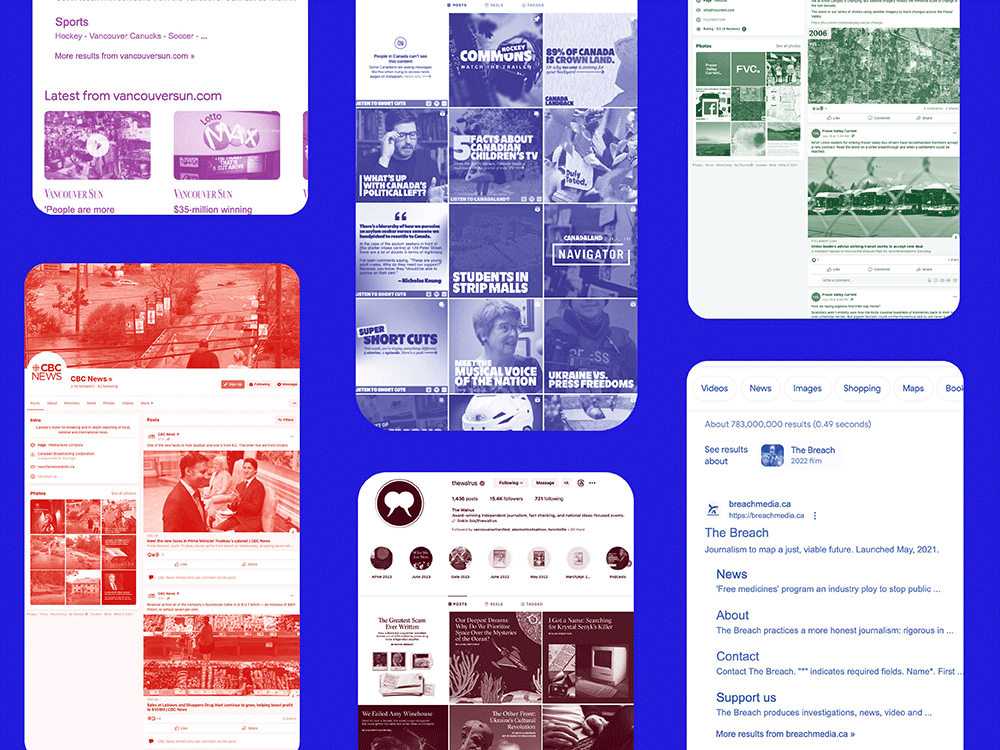
Leading up to the passing of Bill C-18 or the Online News Act, Meta and Google, two companies worth a combined two trillion dollars, threatened to remove all links to Canadian news from their platforms, including Facebook, Instagram and Google’s search engine, if they were made to pay news outlets for links shared as the law provided. Both digital giants experimented with selective bans and vow to carry through when the bill becomes active in December of 2023. This Tyee series is intended to keep readers informed about the legal wrangling and potential effects on Canada’s news ecosystem and democracy.
In This Series
News Erased by Google and Facebook? They Vow to Do It
A new law has triggered a showdown. At stake is the future of Canadian journalism and informed citizens.
Well, Meta Went and Blocked The Tyee. That’s a Big Deal
We posted (as usual) on Instagram and Threads and got told to pound sand. What this means for journalism, democracy, and you.
Meta Blocked Us, But You’re Still Sharing Our Journalism. Thanks!
The Tyee’s team can’t post our journalism on Instagram. But you told us you can.
Staring Down Meta and Google: Newsrooms Weigh the Threats
A report from the trenches on the Online News Act and what a backlash ban on Canadian news could mean.
This Is Not a Drill: Meta’s Ban on Canadian News Ramps Up
Zuckerberg is going full steam ahead on his Canadian news block. This week's updates on C-18.
Who Needs Meta or Google for News? Use ‘Really Simple Syndication’
RSS is a universal, open, algorithm-free news feed you can have for free. Silicon Valley giants treat it like a secret.
Facebook News Ban Is Risking Lives in Wildfires, Say Eby and Trudeau
Meta urged to lift restrictions to allow people to share reporting during crisis.
TikTok’s Awkward Dance with Canadian Journalism
News outlets seek new platforms after Meta’s ban. But TikTok’s dynamic appeal comes with drawbacks.
The Online News Act Is in Force. How We Got Here, What’s Next
After the fight to get Google and Meta to chip in for Canadian journalism, results are mixed.
Incredibly Creative Ways Tyee Readers Share Our Stories
Zuckerberg’s doing all he can to block us from Instagram or Facebook. But smart folks invented hacks.
Blame News Layoffs on the Feds’ Fumbled ‘Pot of Gold’
Media policy expert Michael Geist on the ‘disastrous’ Online News Act, the Zucking of Canada, self-serving spin and more. A Tyee interview.








